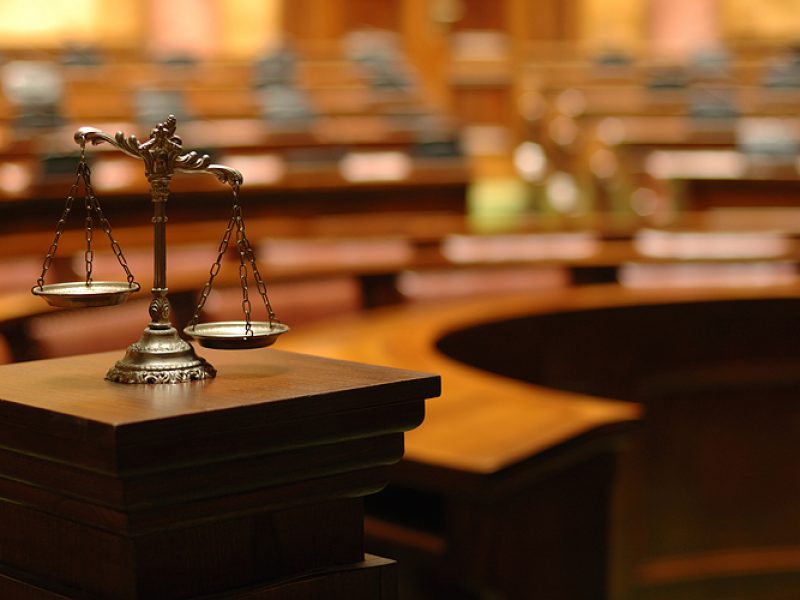
Overview of the criminal procedure in Hungary
Hungary belongs to the continental legal system, which means that the sources of law are predominantly statutes. Case law is secondary compared to the statutes, as opposed to the common-law system, which gives primacy to judge made law.
The two main statutes in connection with criminal law are the Act C of 2012 on the Criminal Code (substantive law), and the Act XIX of 1998 on the Criminal Proceedings (procedural law).
I. Main stages of the criminal procedure:
Criminal procedure consists of three stages. The two main stages are investigation and court procedure (although in certain cases investigation is not part of the procedure, for example in procedures based on private accusation). There is also a short stage in between the first two, the indictment in which the prosecutor shall examine the files of the case and based on this, may
a) perform, or order the performance of further investigatory action,
b) may suspend the investigation,
c) may terminate the investigation,
d) may file an indictment, or make a decision on the partial omission of the indictment or on the postponement of an indictment.
In the course of sentencing, the court proceeds based upon an accusation. The court may only ascertain the criminal liability of the person against whom the accusatory instrument was filed.
The most common cause that initiates a criminal procedure is the complaint. Anyone may lodge a complaint concerning a criminal offence. It is obligatory to lodge a complaint, if failure to do so constitutes a criminal offence. If there is a civil claim which arose from the criminal act, it is recommended to attach a statement of the injured party about the civil claim.
Generally, the complaint shall be made with the prosecutor or the investigating authority verbally or in writing.
The general investigating authority is the police, however The Customs and Excise Office shall conduct the investigation in certain criminal offences, usually tax related cases.
Criminal proceedings start with the investigation. The aim of the investigation is to conduct an inquiry into the criminal offence, identify the offender, as well as to locate and secure the means of evidence. The facts of the case shall be probed to such an extent that enables the accuser to decide on presenting a case for the prosecution.
If the prosecutor decides to file an indictment this initiates the second stage of the procedure, the court procedure. The main form of the procedure is mostly a trial. The primal responsibility of the court is to investigate the criminal liability of the accused person and make a judicial decision. In general the court shall be responsible for the administration of justice.
In Hungary the prosecutor acts as the public accuser and he/she is responsible for presenting all the evidence, both for and against the defendant.
II. Process of criminal procedure in Hungary:
The local court shall act
a) in a panel comprising one professional judge and two associate judges, if the criminal offence is punishable by eight years or more imprisonment by law,
b) without the involvement of associate judges (as single judge) in the cases not falling under item a).
Judges are mostly bound by the law, not by the decisions of other judges.
One basic principle in the criminal procedure among many others is that the defendant shall have the right to defence.
The participation of a counsel for the defence is statutory in criminal proceedings, if
a) if the criminal offence is punishable by five years or more imprisonment by law,
b) the defendant is detained,
c) the defendant is deaf, mute, blind or – regardless of his legal responsibility – mentally disabled,
d) the defendant does not speak the Hungarian language or the language of the procedure,
e) the defendant is unable to defend himself personally for any other reasons,
f) if expressly stipulated so in this Act.
The counsel for the defence shall
a) establish contact with the defendant without delay,
b) use all legal means of defence in the interest of the defendant in due time,
c) inform the defendant of the legal means of defence and his rights,
d) further the investigation of facts extenuating for the defendant or diminishing the liability thereof.
If you would like to hire us as defence lawyers, or you have any further question about the criminal procedure in Hungary, please contact us.
You can read this article in Hungarian language on our Hungarian website: Criminal procedure in Hungary.




